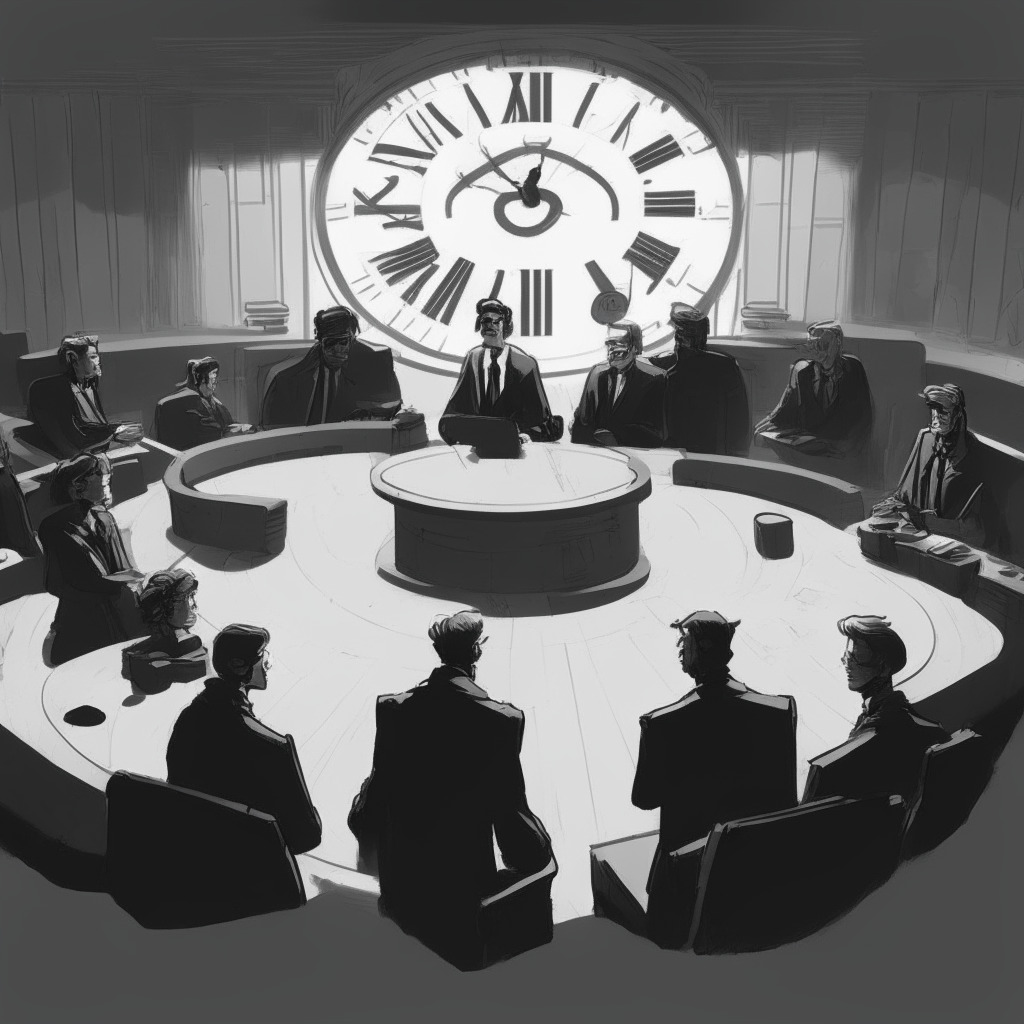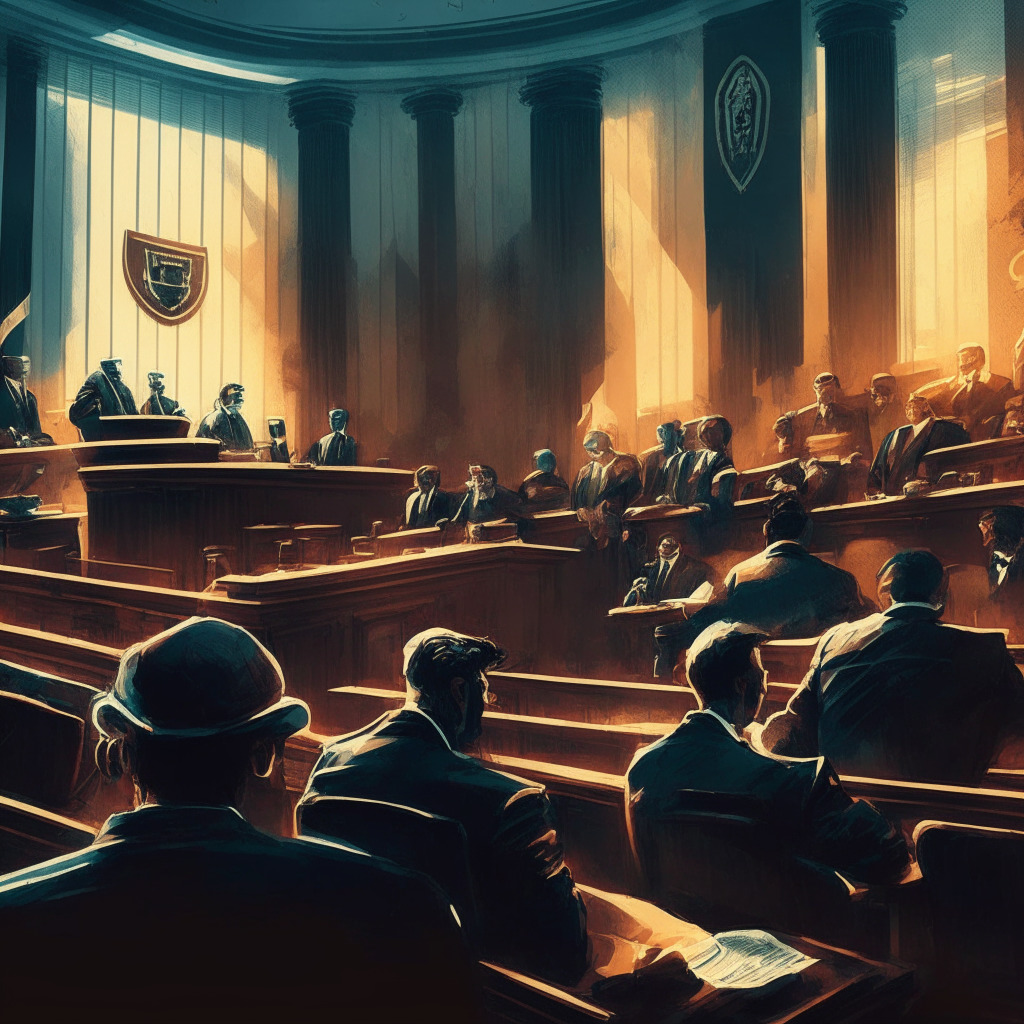In a recent turn of events, the founder of the FTX crypto exchange, Sam Bankman-Fried (SBF) may see his expert witnesses charging him more than $1000 an hour during his fraud trial according to new court filings. The group of seven witnesses including Bradley Smith, a former Federal Election Commission Chairperson, stated that they would charge SBF’s legal team $1,200 an hour to testify on issues related to the United States’ campaign finance laws and straw donors. Other experts such as Lawrence Akka and Joseph Pimbley confirmed they would charge $1,000 and $720 per hour, respectively.
A key element to note here is the potential imbalance in the cost structures between the defense and prosecution. With a stark contrast, a witness proposed by prosecution, Peter Easton, an accountancy professor at the University of Notre Dame, will charge $1,175 per hour. While this might not represent a conflict, it suggests that the confines of a traditional courtroom may not align perfectly with the flexible and dynamic nature of the crypto world.
Meanwhile, concerns are raised as the U.S. Department of Justice (DOJ) is seeking to ban all seven expert witnesses from testifying on SBF’s trials. The DOJ argues that the proposed experts and their disclosures have major deficiencies and fail to provide plausible grounds for their opinions. Threading along this narrative, some may argue that these occurrences could sow confusion amongst the jury and prejudice the trial’s proceedings.
A discussion point currently hovering is in regard to the deadline for SBF to request a deferment of the trial. If filed by Sept. 1 and validated, the trial will be moved to March 11, 2024, which might bring a level of uncertainty in the crypto market. After all, the charges lined up against Bankman-Fried are significant, inclusive of 12 criminal charges, all of which he pleaded not guilty to.
Diving deeper into this scenario, it’s essential to consider the dynamics of cryptocurrency regulation and market perception. The legal proceedings that unfold in this trial could potentially shape the future regulatory landscape and bear significant implications on how blockchain markets function. However, it’s vital to recognize that as the crypto industry continues to evolve, the justice system needs a stronger understanding of underlying blockchain technologies, their complexities, and how they relate to existing legal frameworks.
Source: Cointelegraph




